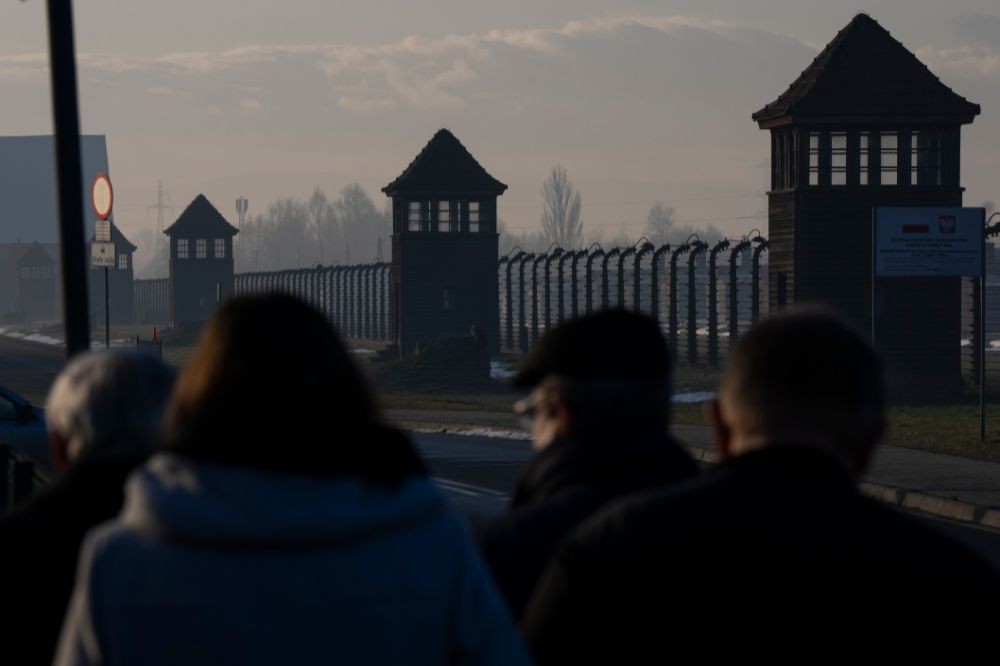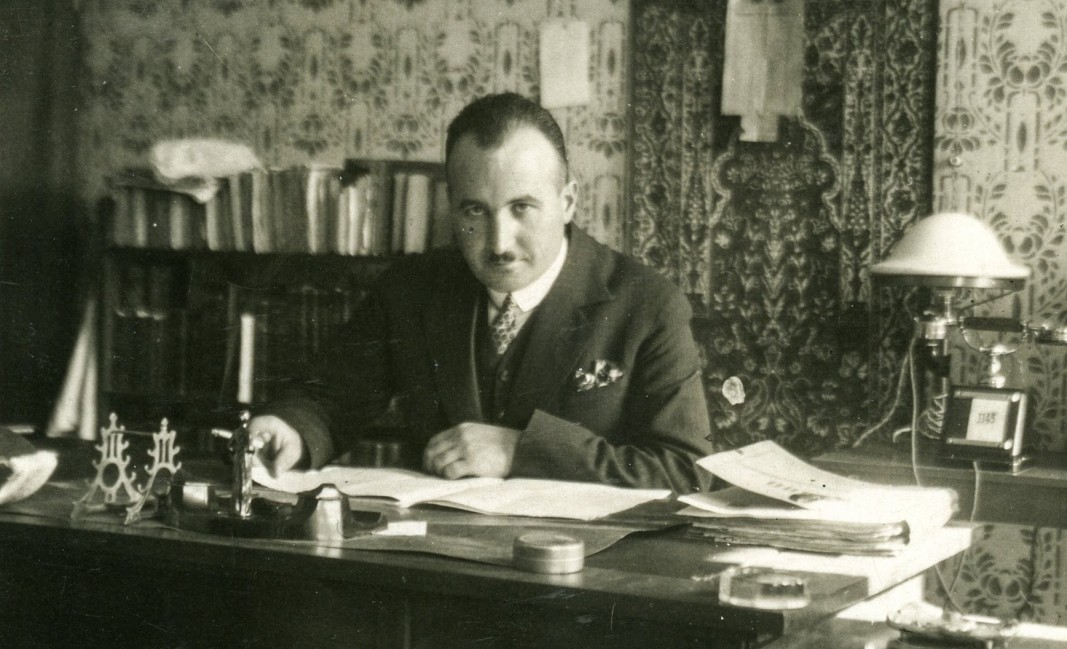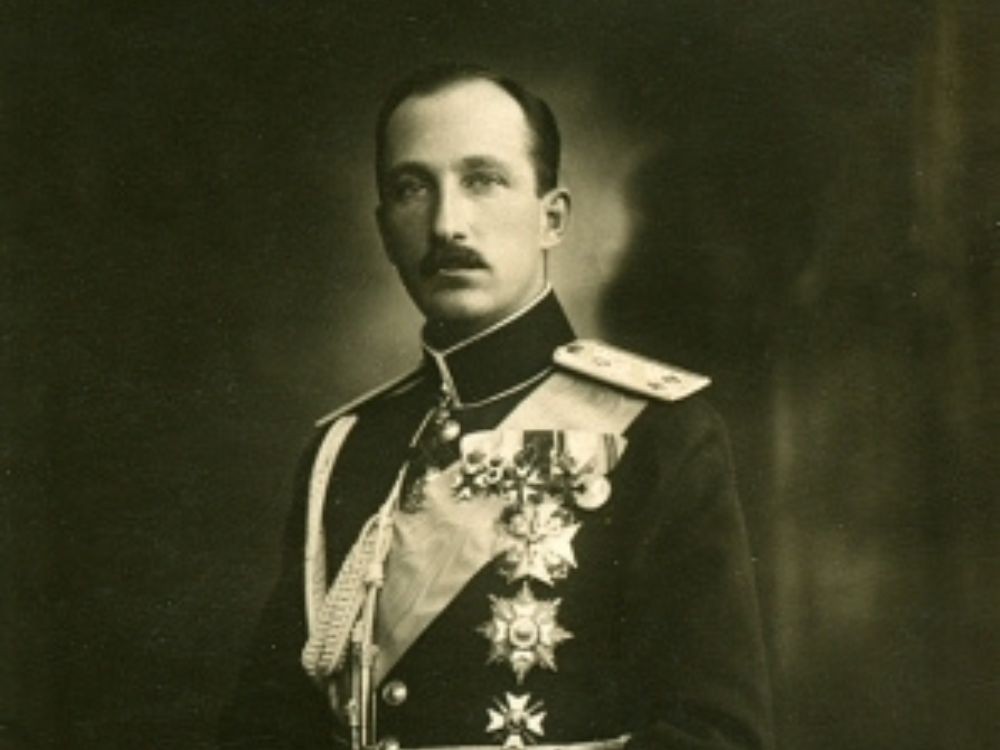10 March is the Bulgarian Day of Rescue of Bulgarian Jews, Holocaust Victims and Crimes against Humanity
With commemorative events in Sofia and in Russe with the participation of officials from Bulgaria’s Foreign Ministry, public administration, academia, members of the public and Jewish organizations, Bulgaria is joining the world on International Holocaust Remembrance Day. The UN designated 27 January as an annual International Day of Commemoration because it is the day on which the Auschwitz-Birkenau concentration camp was liberated. One million Jews were killed in that Nazi death camp alone in the period from 1940 until 1945. The lessons of the Holocaust, which took the lives of more than 6 million people, must never be forgotten so that such a crime against the human race may never be repeated.

During World War 2, by the efforts of the whole of society, including state officials, Bulgaria rescued the Jews living within the pre-war borders of the country and Southern Dobrudja. That is why Bulgaria has designated a separate date on which it commemorates the 11,343 Jews from Vardar Macedonia and the Aegean region, then under the jurisdiction of Nazi Germany, who were killed, but also the rescue of over 48,000 Bulgarian Jews.
10 March is the Bulgarian Day of Rescue of Bulgarian Jews, Holocaust Victims and Crimes against Humanity. On this day in 1943, after a protest by citizens in Kyustendil, a group of members of parliament, headed by the vice president of the National Assembly Dimitar Peshev, submitted a protest letter to parliament, signed by 43 MPs opposing the deportation of the Bulgarian Jews to the death camps, as demanded by the Third Reich.

In a declaration on the rescue of the Bulgarian Jews, the 41st National Assembly of Bulgaria states:
“…we regard the salvation of Bulgarian Jews in 1943 as a remarkable event demonstrating the humanism and tolerance of the Bulgarian people and their will for justice…
Despite the pro-Nazi policies of the government of Bogdan Filov and the genocide in Europe, Bulgaria gives an example of successful resistance to the attempts to exterminate Jews. Thanks to the efforts of the members of the 25th National Assembly, the firm position of the Bulgarian Orthodox Church and the active attitude of public figures and intellectuals, Bulgarian diplomats and professional organizations, of representatives of the official power and the movement against Hitler, of regular citizens and the behavior of the Jewish community, who perceived Bulgaria as its fatherland, the then head of the State, Tsar Boris III, concedes to the public pressure and refuses the deportation to the death camps of more than 48 000 Jews – Bulgarian citizens…
Bulgarian diplomats issued visas for Palestine to Jews, coming from other European countries and thus saved several thousand Jews… Today we deeply mourn for all victims of the Holocaust, for each one of the deported Jews of the territories occupied by Hitler and express our deep respect for their memory. Their tragic fate should not be used for political speculations with present date.”
Translated and posted by Milena Daynova
Photos: bulgarianhistory.org, BTA, EPA/BGNES, Regional administration-Russe, kingsimeon.bg
On February 16, Radio Bulgaria celebrates its 89th anniversary . Throughout these years, our multilingual media has been not only a channel of information, but also an invaluable link with our audience around the world. Today, Radio Bulgaria offers rich..
On 25 January 1935, Tsar Boris III signed the decree establishing the Bulgarian National Radio. The document, which officially marked the beginning of "Radio Sofia", as the Bulgarian National Radio (BNR) was then called, made radio broadcasting in Bulgaria..
On January 6, the Orthodox Church celebrates one of the greatest Christian feasts called Epiphany, Yordanovden, or the Baptism of Lord. This is the day on which St. John the Baptist baptized Jesus Christ in the Jordan River. Epiphany is also..

+359 2 9336 661
